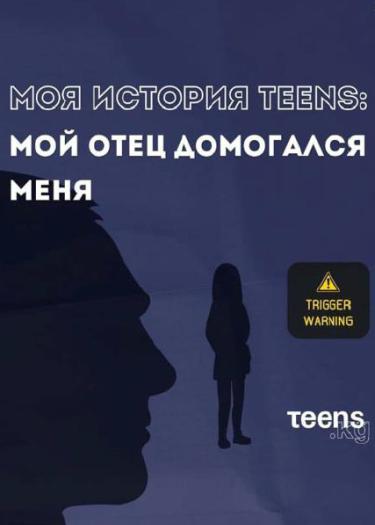Transient Spaces Lecture Series Digital intimate political geographies
- Monday, 14. July 2025, 11:15 - 12:45
- Neue Universität Heidelberg, Hörsaal 7
- Ass. Prof. Dr. Elisabeth Militz
The case of gender-based violence in the context of Kyrgyzstan on Instagram
Feminist political geographies have long emphasized the central role that digital technologies (e.g., smartphones, surveillance cameras, social media platforms, weapon technologies, etc.) play in the context of intimate geopolitics, affective nationalisms, embodied borders, and/or gender-based violence. Feminist political-geographical analyses focus on the ways in which digital technologies are interwoven with bodies and intimate everyday life in the (re)production of scalar and spatial power relations.

Address
Neue Universität Heidelberg,
Hörsaal 7
Event Type
Transient Spaces Lecture Series
Based on this understanding of digital intimate political geographies, my talk will examine the example of gender-based violence in the context of Kyrgyzstan. In Kyrgyzstan, a high prevalence of gender-based violence and the taboo of discussing gender and sexualities is pushing more and more people to turn to social media platforms such as Instagram to challenge entrenched societal norms and to fight gender-based violence. Drawing on a long-term Instagram ethnography and qualitative interviews in Kyrgyzstan, I show how Instagram users not only use the platform to disseminate information about the situation of those affected by gender-based violence thus shaping discourses on gender-based violence. Rather, I discuss how feminist social media activists strategize to advocate against gender-based violence. My analysis reveals how social media users build local, caring communities by centering, actively reproducing, and normalising embodied and emotional knowledge about gender-based violence on Instagram and taking it beyond the platform into mundane and often invisible acts of protest. While digital violence persists online, my findings indicate that social media provides possibilities for users to form new types of solidarity and advocacy.